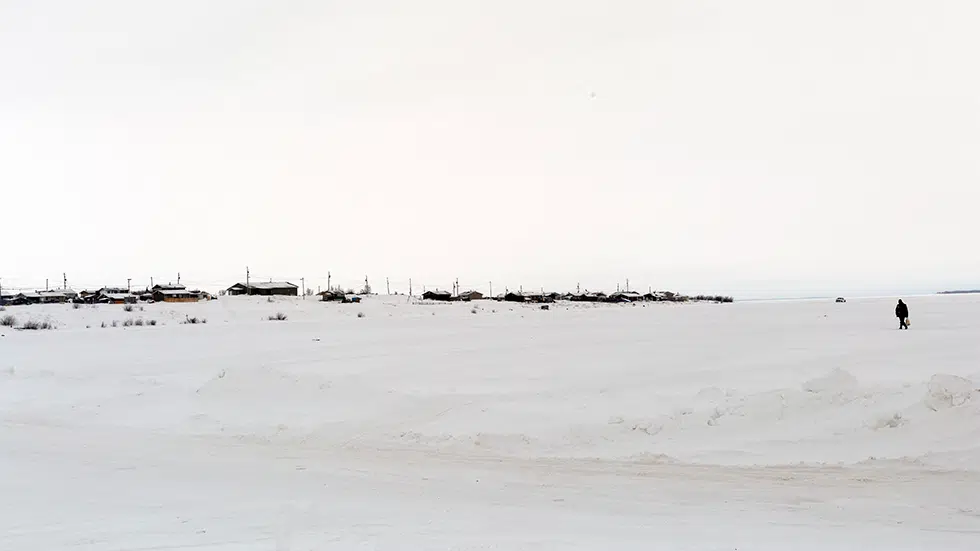
Hatchet Lake Denesuline Nation renews calls for all-season road
For 30 years the chief and council of the Hatchet Lake Denesuline Nation have been trying to build an all-season road to their community.
In the past, 14 kilometers of a road has been constructed, but 88 kilometers has yet to be built. The estimated cost for the remaining construction sits at roughly $1 million per kilometer, or $88 million.
“Being in the remote [area] here is a big challenge; it’s always a struggle, especially the freeze up and the thaw out,” Hatchet Lake Chief Bart Tsannie said. “The only way to get the community during those [months] was by air.”
The community’s chief said bad weather has a severe impact on people who rely on air transportation to get to medical appointments in the larger city centres to the South. Expansion of the health centre is one possibility he is considering to reduce the reliance on aerial medical transportation.


